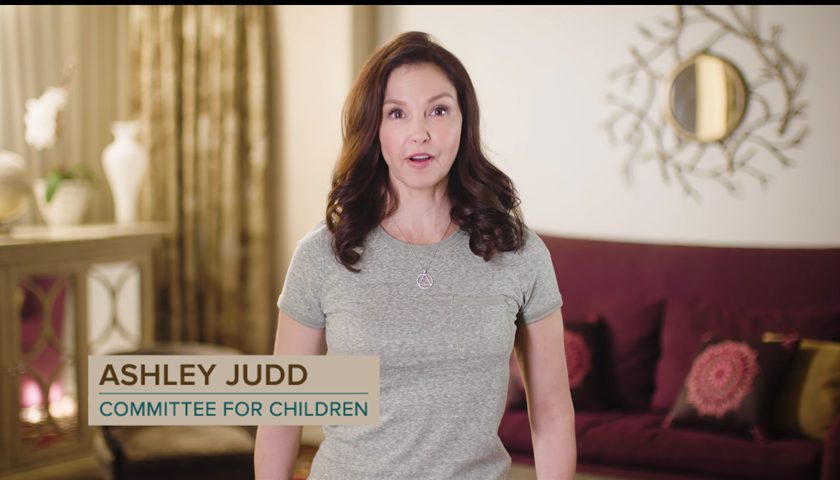In support of National Child Abuse Prevention Month this April, Committee for Children (CFC), the global nonprofit leader in research based social-emotional learning (SEL) programs, welcomes the return of the Hot Chocolate Talk™, a campaign designed to help families start the conversation about child sexual abuse. Finding the right words isn’t always easy, but when parents and caregivers are equipped with the right knowledge and skills, they become more comfortable having these critical safety conversations.
“Parents are a key driver in preventing child sexual abuse during the pandemic and beyond,” says Dr. Tia Kim, vice president of education, research, and impact at Committee for Children. “When parents communicate early and often with their children about personal safety, they create environments where kids feel comfortable asking questions and having difficult conversations, like disclosing abuse. The Hot Chocolate Talk How-to Guide helps take the guesswork out of knowing what to say and when to say it.”
Today, one in four girls and one in 20 boys report experiencing sexual abuse before the age of 18. Drawing upon four decades of work in the field of child protection, Committee for Children has created a free conversation How-to Guide with research-based language and age-appropriate tips to help families normalize these conversations throughout childhood.
“We know child sexual abuse can be a challenging subject to navigate—the goal of our Hot Chocolate Talk campaign is to help families integrate topics of personal safety and unwanted touching into everyday moments with easy-to-use tips and conversation starters,” says Kim. “A shared treat can help create a more comfortable atmosphere—we encourage families to sit down over a cup of hot chocolate and start the conversation today.”
Parents can download the free How-to Guide at HotChocolateTalk.org along with a variety of approachable, research-based resources, from guidance on how to respond to disclosure to identifying signs of abuse.


